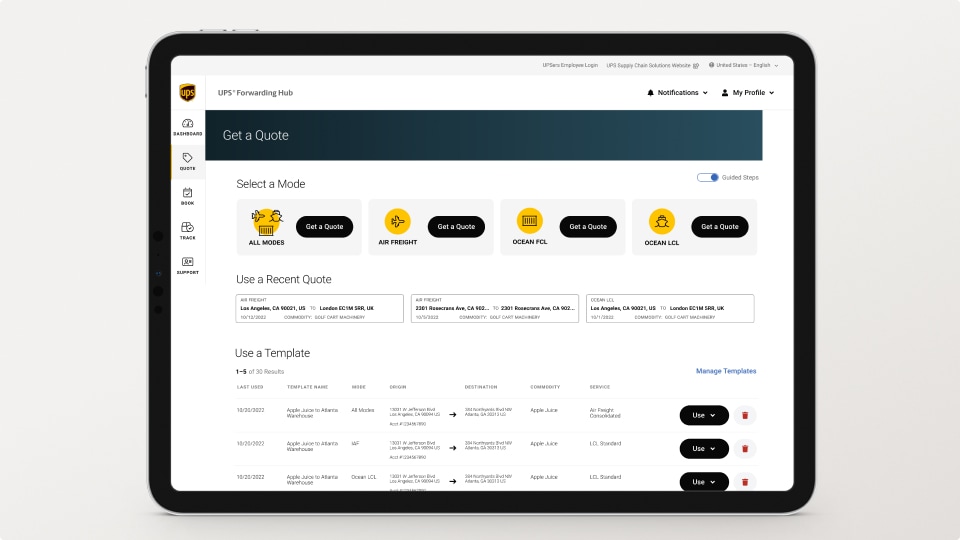We have now entered the commencement of the transition period of the European Union’s (EU) new Carbon Border Adjustment Mechanism (CBAM) which has implications for businesses shipping goods to the EU. Importers of CBAM goods are required to submit quarterly reports containing various information such as, among others, quantities, origin countries, greenhouse gas emissions and (If applicable) carbon price due in the country of origin.
What is a Carbon Leakage?
Carbon leakage occurs when companies based in the EU move carbon-intensive production outside of the EU to countries where less stringent climate policies are in place, or when EU products are replaced by more carbon-intensive imports.
What is CBAM?
CBAM is a price adjustment tool applied to imports into the EU for designated goods based on their CO2 emissions in the production process outside the EU. The aim of CBAM is to prevent the risk of carbon leakage.
What Products Are Impacted?
CBAM currently impacts carbon intensive goods covered by six sectors, aluminum, cement, iron and steel, hydrogen, electricity and fertilizers.
When Does CBAM Reporting Obligations Begin?
The reporting obligations began on October 1, 2023. You are now required to collect data for a quarterly CBAM report, starting with Q4 2023, which must be submitted by January 31, 2024.
Who Is Responsible for Reporting?
Customers based in the European Union who are importing impacted goods can submit their CBAM reports using the CBAM Transitional Registry. UPS will not report CBAM goods in scope on behalf of EU established importers. For non-EU established customers, the indirect representative or Importer of Record is responsible to report. UPS, as an indirect customs representative, is responsible for reporting emissions for non-EU established importers.
What Are the Reporting Obligations?
During the transitional period (from October 1, 2023 until the end of 2025), customers shipping impacted goods must submit quarterly CBAM reports via the CBAM Transitional Registry. The report needs to include information on the goods imported during that quarter and should not be submitted later than one month after the end of that quarter, so the deadline to submit the first Q4 2023 report is January 31, 2024, going forward you must report at the end of each quarter emissions embedded in CBAM goods imported quarterly, without paying a financial adjustment, until end of 2025.
The report should include information on:
- The total quantity of each type of goods
- The commodity codes
- The total direct and indirect emissions
- The actual total embedded emissions
- For the first three quarterly reports, you are permitted to use default values to report on emissions
- Please review the relevant section on the use of default values on Carbon Border Adjustment Mechanism
To support shippers with the new reporting obligations, the European Commission has prepared a CBAM reporting template.
How Is a CBAM Report Submitted During the Transitional Period?
CBAM reports are submitted via the CBAM Transitional Registry.
What Happens If I Don’t Submit the CBAM Report on Time?
If a CBAM report is found to be missing, incorrect or incomplete, you could incur a penalty of between €10 and €50 per ton of unreported emissions, subject to indexation. Higher penalties may be applied for consistent noncompliance and some EU countries may also implement their own domestic penalty regimes.
Where Can I Find More Information About CBAM?
You can find more information at the following links:






